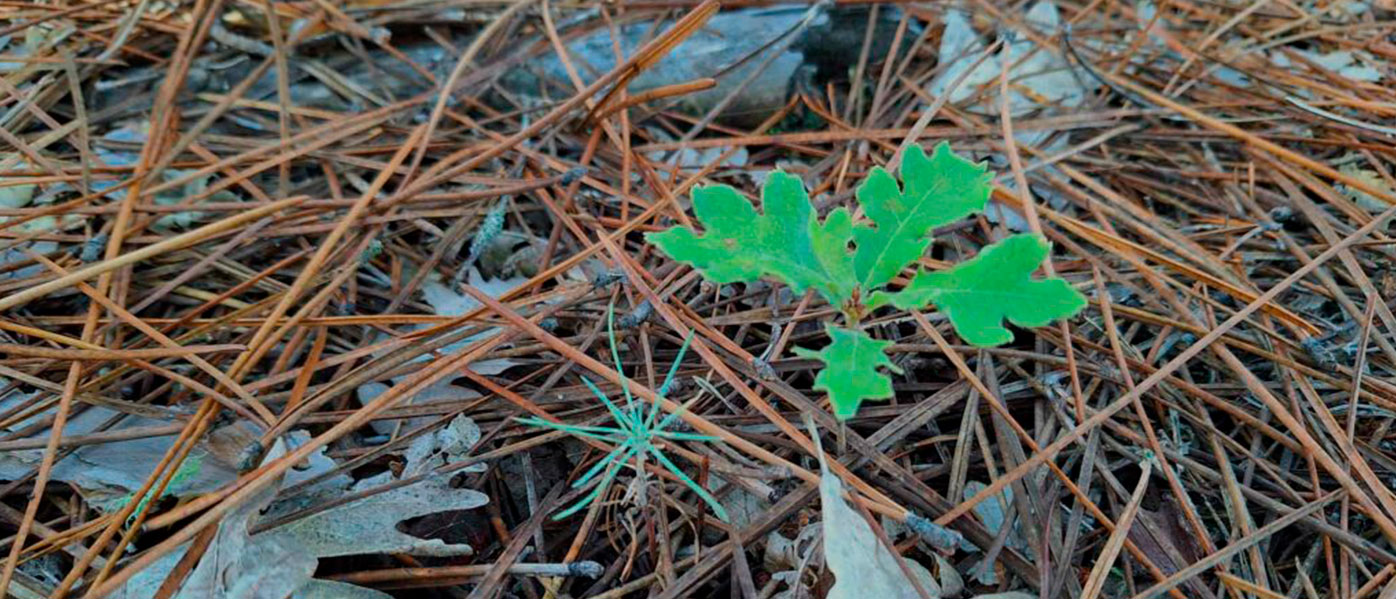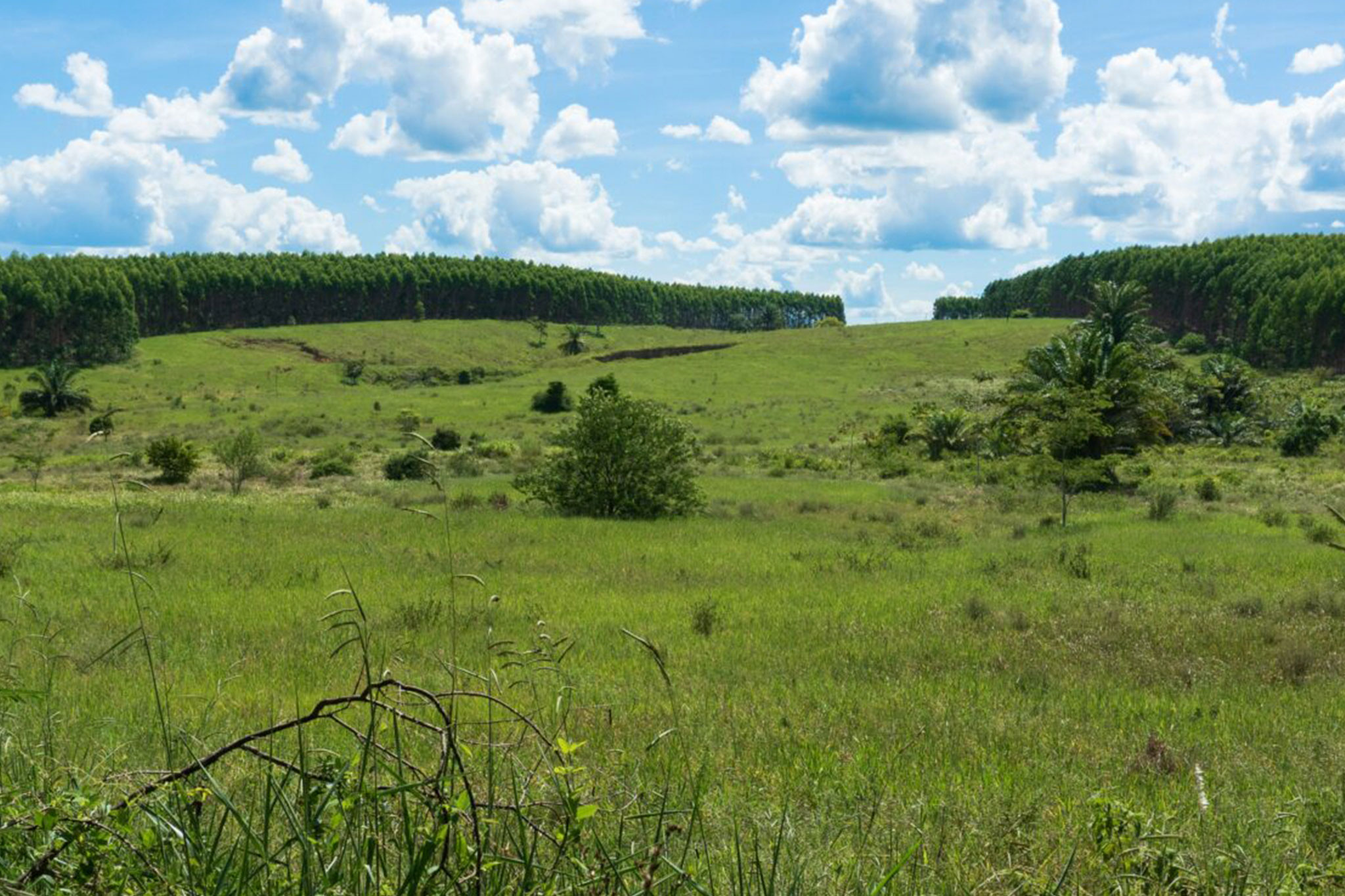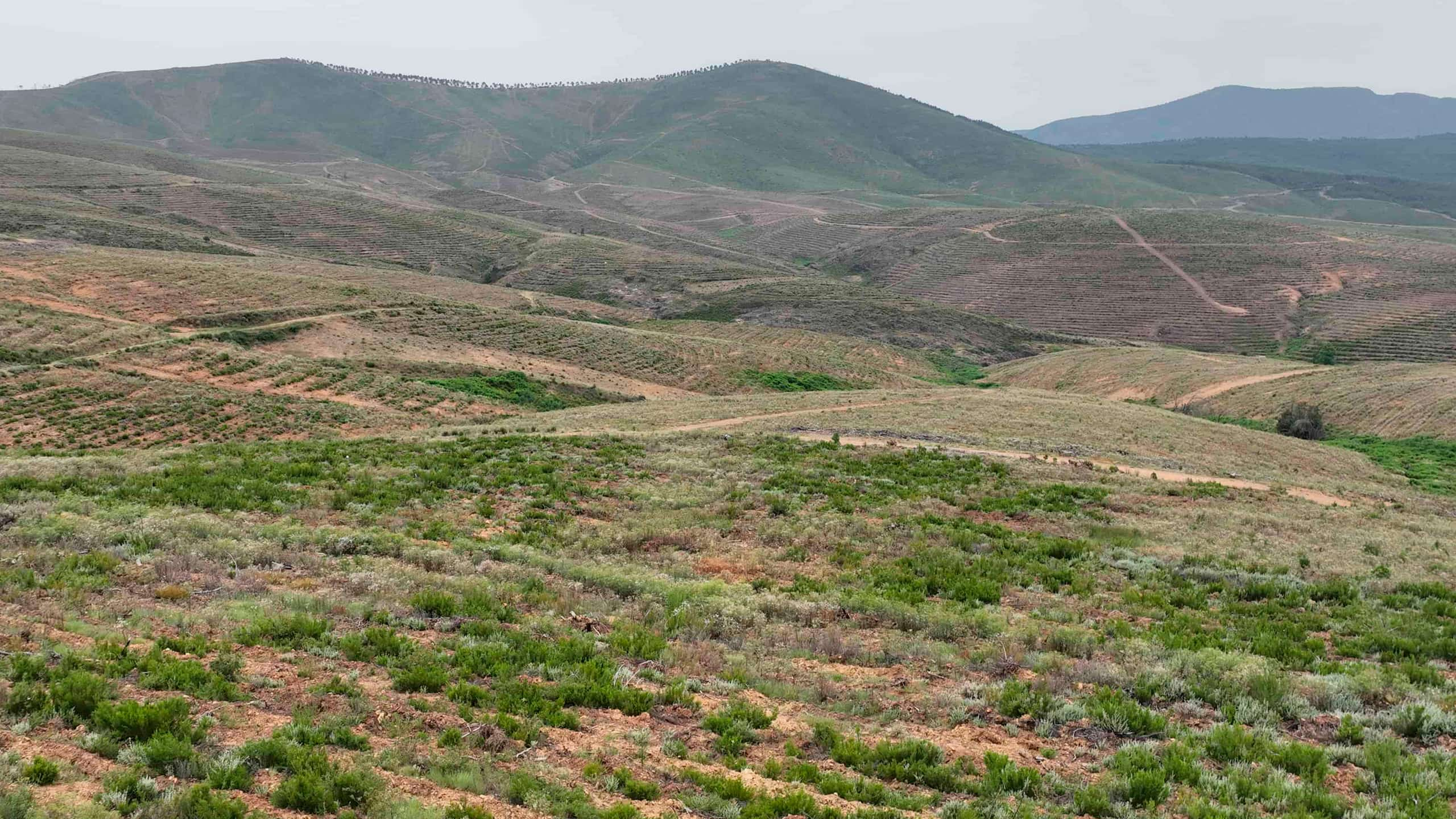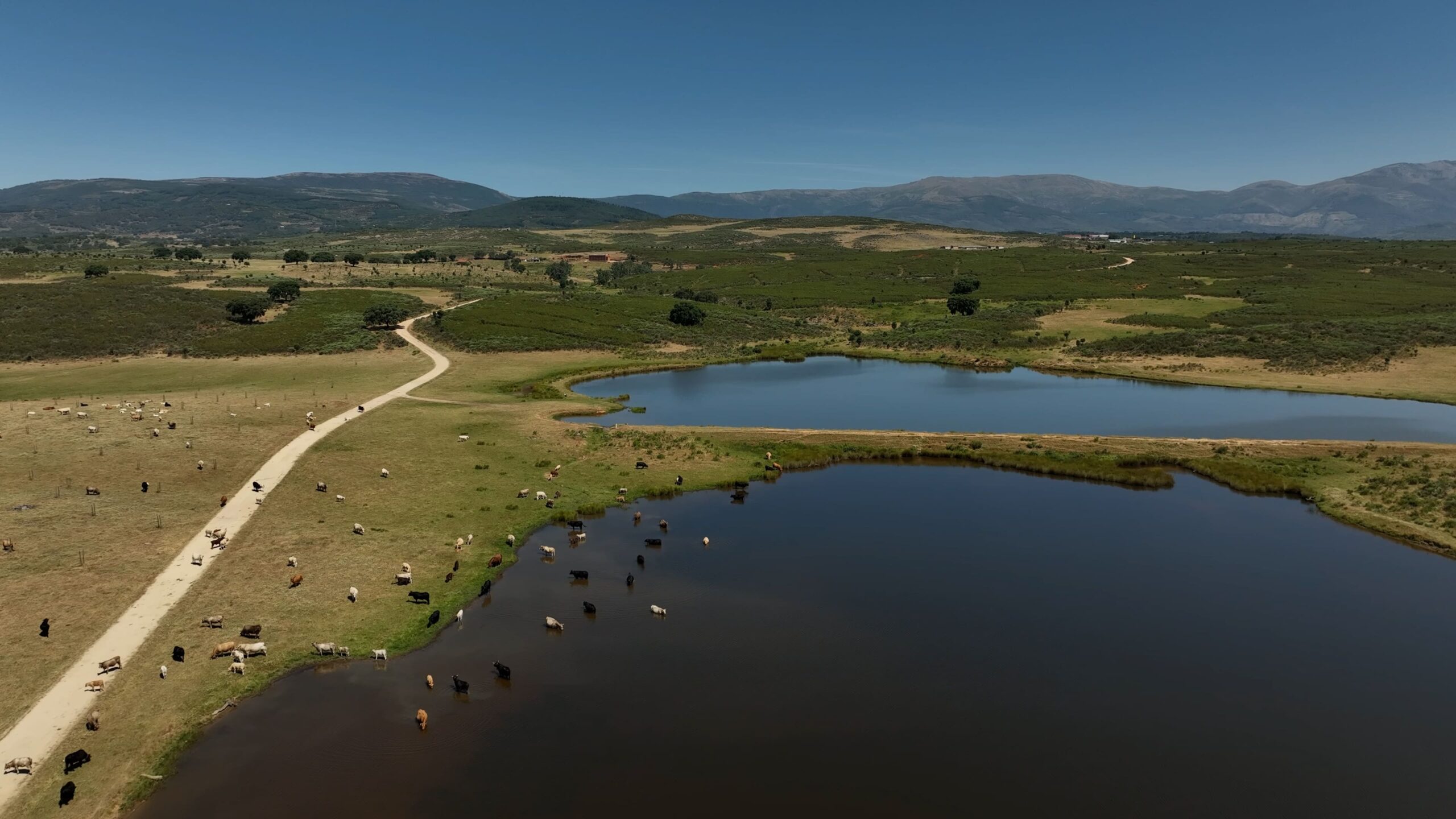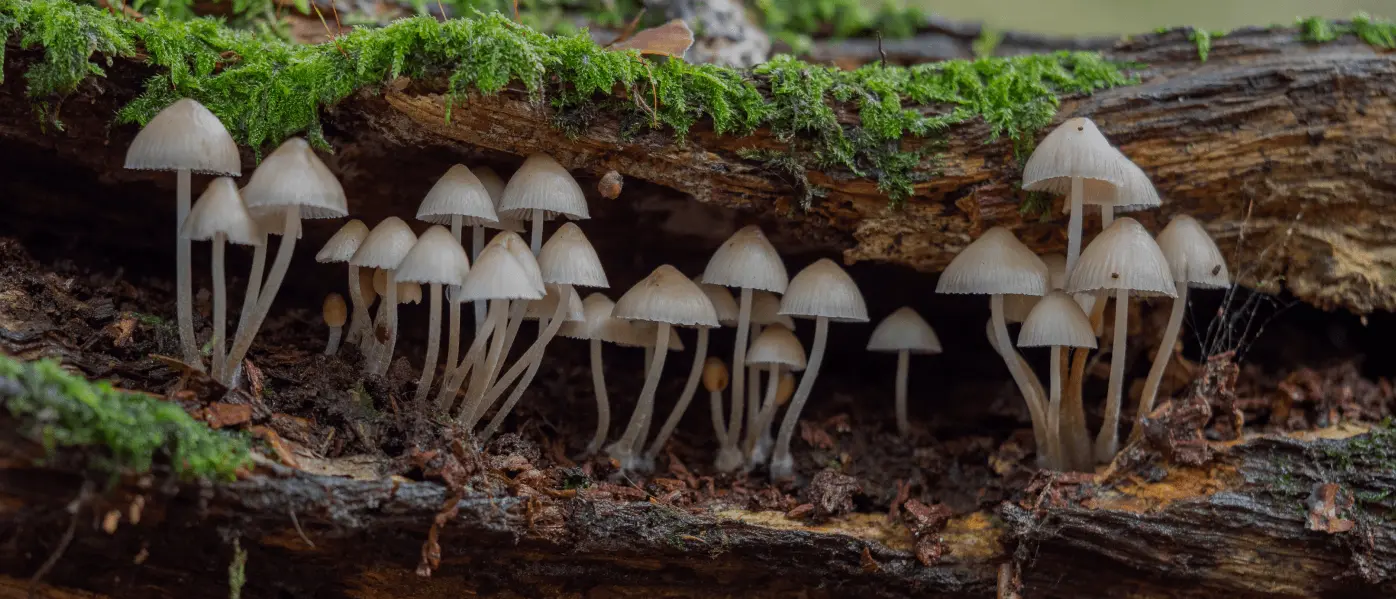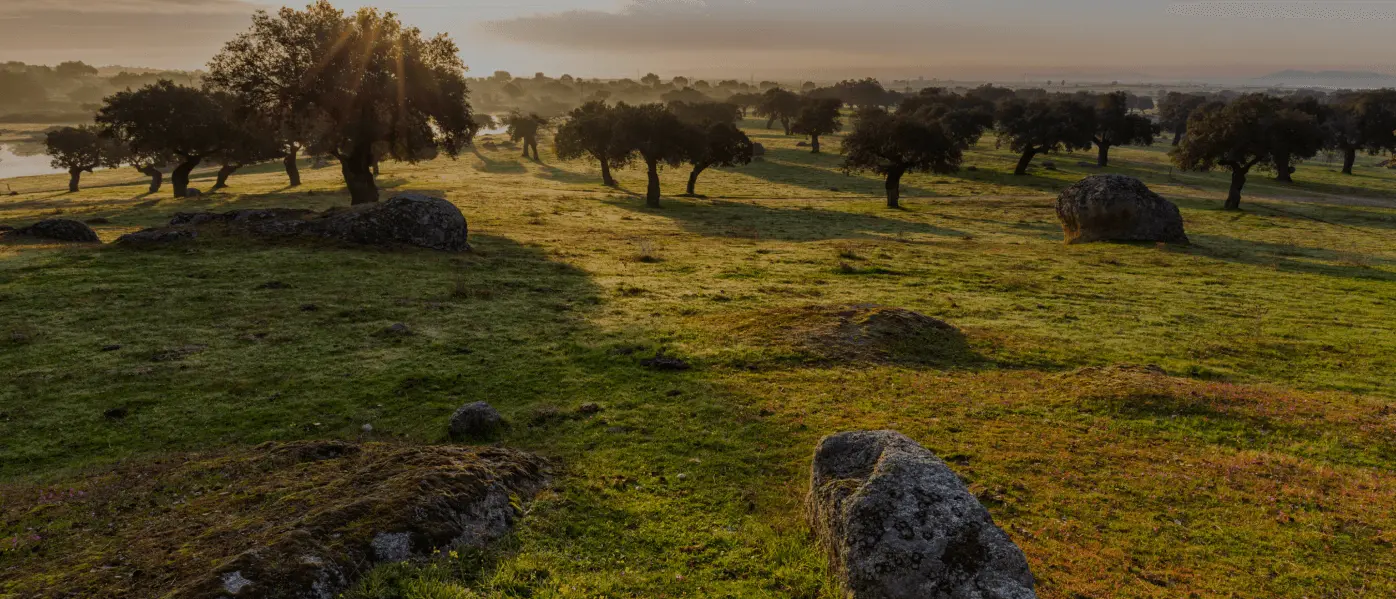Carbon2Nature (C2N) joins the Forum Forests and Climate Change on the basis of its commitment to the conservation and recovery of Spanish forests as an essential way to contribute to the fight against climate change.
The Forum on Forests and Climate Change is a non-profit association that brings together organizations in the forest sector and other related entities. Since its creation in 2006, it has been working to highlight the role that forests, as well as their products and services, play in climate action and the ecological transition.
With the incorporation of Carbon2Nature into this space for debate and joint work, the company, a subsidiary of Iberdrola, advances in its mission to contribute to the recognition and encouragement of the forestry sector as a generator of long-term sustainable socio-economic development, promoting co-responsibility, sustainable management, and alliances with the rest of the agents.

Importance of Spanish forests in climate action
Spain has the second largest forest heritage in the European Union, after Sweden, with a forest area that occupies 56% of the national territory. This represents about 28.43 million hectares, of which 19.27 million are forests and the rest other plant formations.
Its contribution to climate action, through its recovery and sustainable forest management, is essential, highlighting, among others, their:
Functioning as natural carbon sinks
Fixing more than 10% of national greenhouse gas emissions annually, with studies suggesting that this figure could be up to 25%.
Contribution to the water regime and to the quality water
Thanks to the forests that protect most of our watersheds and act against soil erosion and the growing threat of droughts.
Promotion of the bioeconomy with new biological resources
Resins, wood, fruits, etc., that are an alternative to other more carbon-intensive (e.g., concrete in construction)
Role as an important habitat for biodiversity
Hosting more than 600 wild species under the Special Protection regime.
Source: Forests and Climate Change Forum – Inputs to the draft national integrated energy and climate plan (PNIEC).


